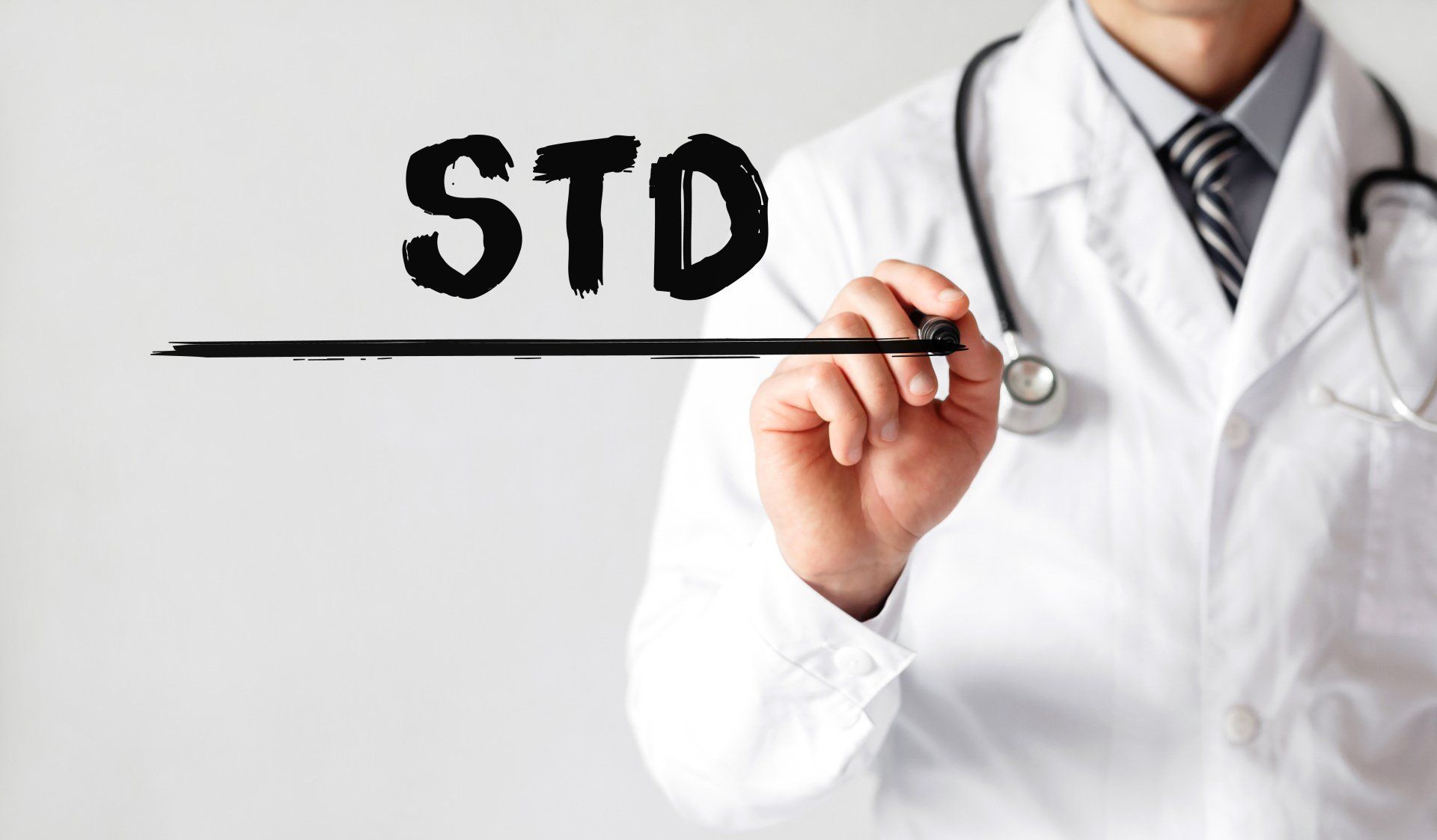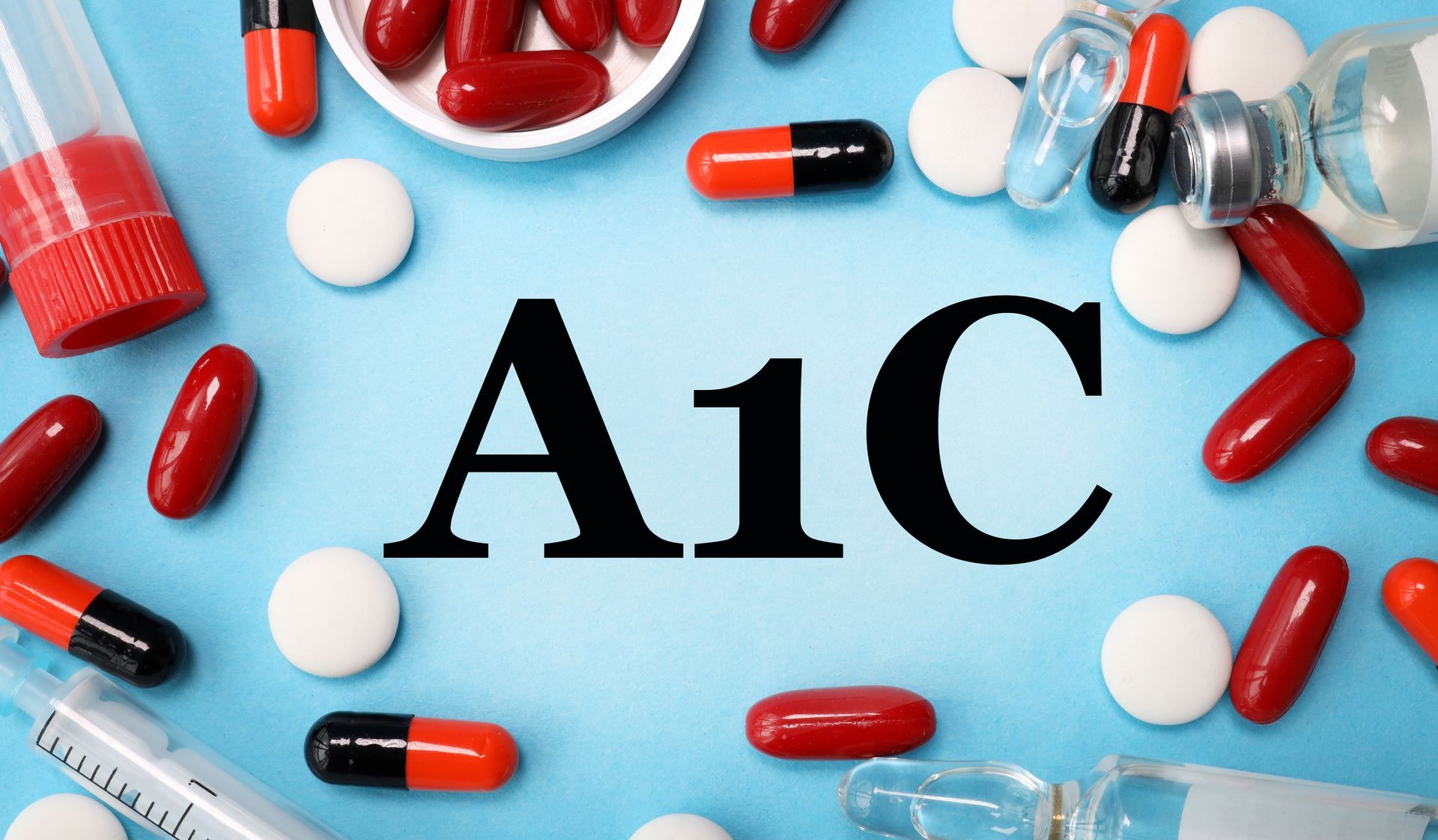Recent Posts
How Often Should You Get Tested for STDs?

Worrying about having a sexually transmitted disease (STD or STI) can feel isolating. Despite so many advances in technology, transportation, and civil rights, talking openly about STDs is still taboo. However, if you’re sexually active, it makes sense to get tested regularly, considering that almost half of Americans have or will contract a sexually transmitted infection.
Since statistics have skyrocketed lately, testing should be on most people’s radar. While some STDs have a cure, many do not, and could have serious complications, such as miscarriage, passing on an STD to an unborn child, liver cancer, or a weakened immune system.
It’s also important to remember that many STDs don’t have any symptoms, so even if you feel well, you should still get screened.
How Often Should You Get Tested for STDs?
There isn’t a one-size-fits-all formula to STD screenings. The Center for Disease Control recommends the following guidelines, regarding who should get tested and why:
- Everyone between the ages of 13 and 65 should get tested for HIV at least once
- Anyone younger than 25 who is sexually active
- Anyone who has unprotected sex
- Anyone who has multiple sex partners
- If you have a new partner
- If a partner has had sex with someone else
- Anyone who shares injections for intravenous drugs
If you have unprotected sex, have multiple partners, or share needles, get tested at least once a year.
If you’re at risk and you just found out you’re pregnant, also get tested during the early stages of pregnancy.
Where to Get Screened
You can get tested for sexually transmitted diseases at your doctor’s office, community health clinics, by your OB-GYN, Planned Parenthood, and at any of our locations at the St. Hope Foundation.
How Much Do STD Screenings Cost?
Most screenings are covered by health insurance. Check with your provider to ensure they will pay for those costs. If they do not, many community health clinics use a sliding scale, meaning the amount you’re charged depends on your income. In addition, if you’re a Medicaid recipient or visit a Planned Parenthood clinic, screenings may be done for free.
STD Prevention
There are several preventive measures you can take to avoid getting infected with a sexually transmitted disease.
- Use condoms every time you have sex. Make sure to store them in a cool, dry place, and check the expiration date before using them. Do not “double up” by using two condoms at once, since the friction from latex to latex can cause them to break. If you’re a female having sex with another female, use a dental dam during oral sex.
- Get the HPV vaccine. While this won’t protect you against every single STD, it will prevent you from getting human papillomavirus if you get vaccinated prior to reaching 26 years of age.
- Get tested for STDs. If you’re not in a monogamous relationship, get screened once a year. If you are in a relationship, have your partner get tested too, and continue practicing safe sex at least for the first six months.
- Limit alcohol intake. Alcohol abuse makes you more prone to risky sexual behavior, such as having sex with a stranger or having unprotected sex.
- Don’t share needles. You can also get a sexually transmitted infection by sharing needles to administer intravenous drugs.
If You Think You May Have an STD, Let Us Help You.
At St. Hope, we provide a wide spectrum of services for patients in the greater Houston area. Our fees are based on a sliding scale, so rest assured, we’ll find a way to work within your budget.
We take same-day appointments, accept all insurance plans, and welcome walk-ins. Call us at (713) 778-1300 or contact us today.









